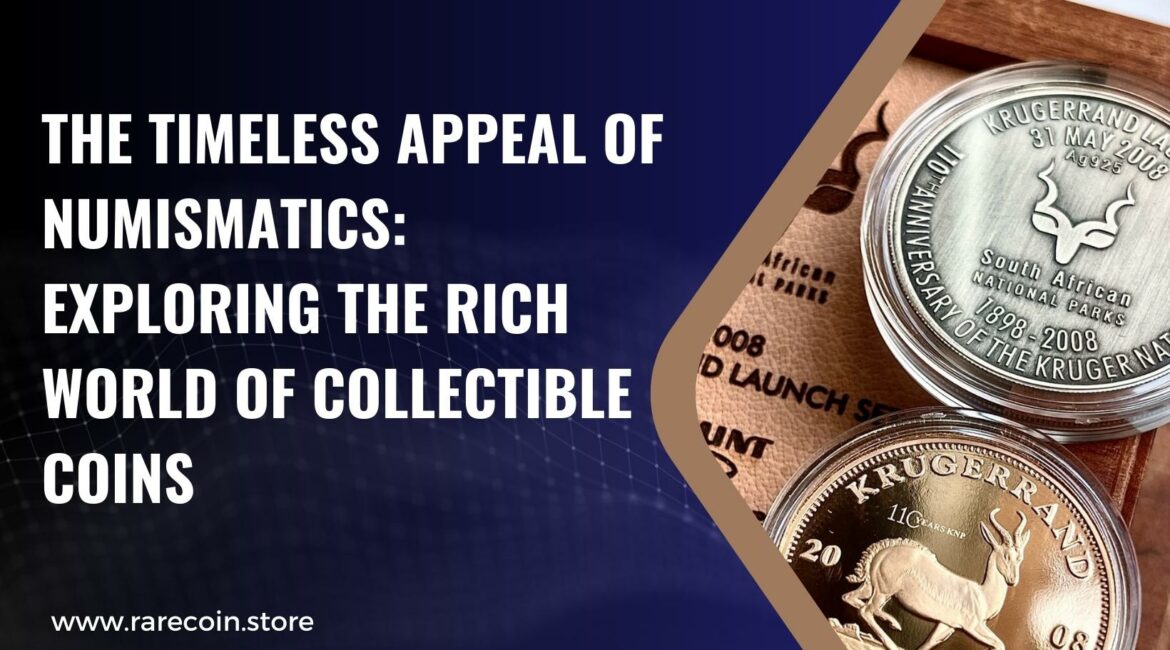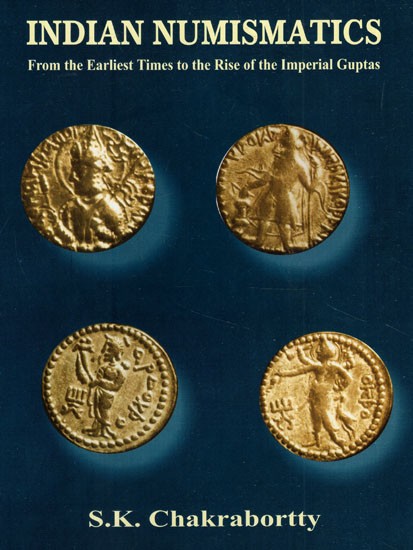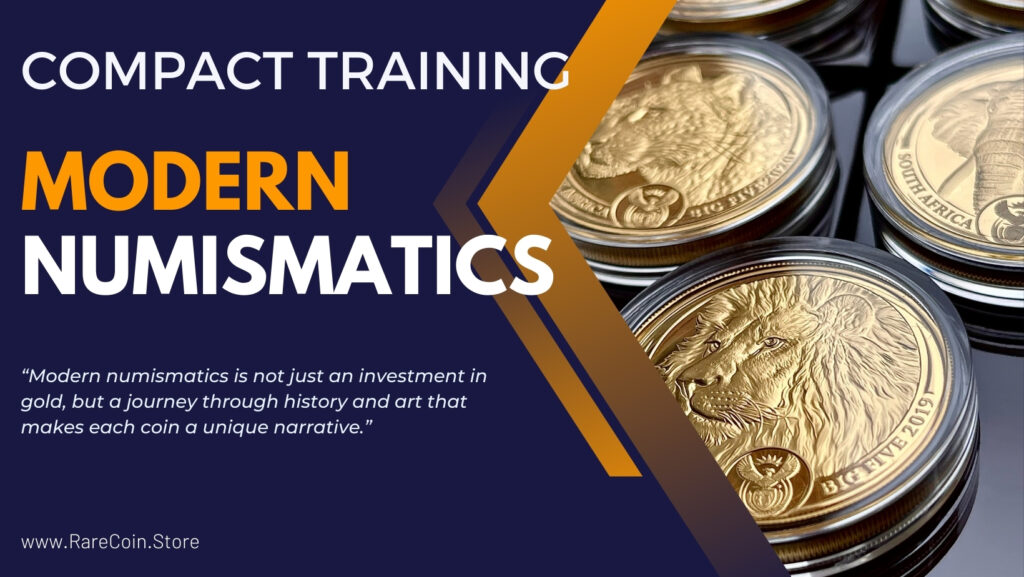Excellent Tips On Selecting Banknote Collection And Coin Production
Excellent Tips On Selecting Banknote Collection And Coin Production
Blog Article
How Do I Use The Numismatics Database To Study Regional And Global Associations?
This is a systematic method to conduct this type of research. Here's a method to conduct such research:Database Selection: Select databases that focus on the field of numismatics, like the websites of the most prominent numismatic associations such as the American Numismatic Association (ANA) as well as the International Numismatic Council (INC) or regional organizations like the Numismatic Association of Australia (NAA). JSTOR, as well as other repositories and databases for academics offer access to scholarly papers and conference proceedings.
Define Research Focus: Specify your research objectives. Are you keen to learn more about the global numismatic associations' history, activities, regional cooperations conference and publications or are you looking for a specific numismatic subject that is being which is being discussed by the associations? Set out your objectives to guide your study.
Search Strategy: Use keywords such as "numismatic associations", "global numismatics" or "regional societies for numismatics," depending on the context. You can also add the names of specific organisations or regions. Use advanced options to filter search results by kind of document, date (such newsletters or conference papers from associations) and geographical scope.
Get information on global and regional numismatic organizations which include their mission, history and membership. You can also find out information about publications and activities. Details on past and future research, conferences, and workshops are accessible. Search databases for information about the members, their leadership and contact info.
Analyze: Analyze your data in order to gain more understanding of the global and regional the role of numismatic associations and their impact. Find out how these associations aid in advancing education in numismatics and international cooperation, and share research through conferences and papers.
Cross-References: Verify information with multiple sources or databases. Examine the projects and activities of various associations to get a more comprehensive picture of regional and global developments in the field of numismatics.
Documentation: Document your findings in a systematic manner, citing sources and noting methodologies used. Notate the database names, search terms and the relevance of each resource to the research question.
Keep Up-to-Date: Numismatic organizations develop in time, and new publications, conferences, and collaborative projects occurring regularly. Stay up to date by following updates on association websites newsletters, newsletters, as well as academic databases to stay up-to-date with the latest developments in global and regional numismatics.
Following these steps will allow you to make use of databases to study numismatics as it pertains to both regional and global organizations. This approach enables a thorough analysis of the structure of organizations and scholarly activities as well as collaboration efforts that define the numismatic field on both the global and regional levels. Follow the recommended my review here for site info including coin design, legal tender, banknote authenticity, currency grading, coin, dinar, mint condition, coin magazine, banknote production, coin club and more.
What Can I Learn More Information About Numismatics, Especially In Regards To Exhibitions Or Show Events By Utilizing A Numismatics Database?
This research involves using databases to store information about exhibitions, shows and conferences associated with numismatics. Here's a systematic approach to conduct research on this subject: Database Selection: Select databases that specialize in numismatic exhibitions and events. For instance, you can look at the websites of the most prominent numismatic associations like the American Numismatic Association.
Define Research Focus: Specify your research objectives. Are you interested in finding out more about the past and upcoming numismatic conferences or regional coin shows, thematic or educational exhibits as well as upcoming exhibitions of coins? Find out what you are looking for to guide your research.
Keyword strategy Use keywords for "numismatic" exhibitions and events, "coin shows", "numismatic conferences". If appropriate you could also include event names or places. You can use advanced search tools to filter results by event type like exhibitions, conferences, or geographic area.
Data collection: Gather information about upcoming and previous exhibitions and numismatic events. Information such as dates, organizers and locations of events, special themes or collections, exhibitors participating and catalogues, publications and publications that are related to the event, and more. They can be collected. Search for databases that offer virtual tours or access to exhibit materials in digital format.
Analysis: Review the data in order to comprehend the themes, trends, and educational objectives of numismatic events and exhibitions. Assess how shows and exhibitions increase public awareness of the numismatic field, encourage scholarly exchange and highlight important collections.
Cross-Referencing. Verify what you have found by cross-referencing data from numerous databases, official websites, and listing of events. This allows you to conduct a thorough research and get a full picture of global numismatic events.
Documentation: Document your research findings, including the sources you relied on as well as the methods used. Notate the database names, search terms and relevance of each source in relation to your study.
Stay up-to-date Numismatics events are constantly changing with new exhibitions, shows and conferences scheduled on a regular basis. Keep track of updates from event organizers or specialized databases to keep up-to-date with the upcoming events.
These steps will help you search for numismatics using databases related to exhibitions and events. This technique allows for an in-depth exploration of the diversity and educational value of numismatic exhibitions and events all over the globe. Check out the top rated a knockout post about collection for website recommendations including mint, mint, currency grading, coin holder, rand, banknote, mint, coin collecting, german coins, silver coins and more.
How Can Historians And Researchers Make Use Of An Numismatics Database?
To conduct such research, follow this method: Database selection: Select databases which specialize in the field of numismatics, historical archives, academic journals, publications and institutional repositories. A structured approach is provided to assist you in conducting this research. Examples are JSTOR, Google Scholar, journals of the numismatic society (like the American Numismatic Society), and university library databases.
Define Research Focus: Specify your research objectives. Are you seeking to understand the historical context of numismatic artifacts, the methodologies employed in research on numismatics, specific numismatic topics explored by historians, or the contributions of scholars to numismatic scholarship? Clarify the focus of your search.
Search for keywords such as "numismatics," “numismatics research," "historical numismatics," and if relevant historical periods, geographical regions, or numismatic subjects. Sort results by advanced search options. This includes filtering results by the date, type of document (such as dissertations, conference papers, articles, dissertations, conference papers, etc.)), and author affiliations.
Data Collection: Get details on scholarly research papers, articles and historical archives that relate to the field of numismatics. Information such as the names of publications authors, abbreviations techniques, as well as historical contexts are crucial to collect. Search databases that give access to digital archives of numismatics and research projects.
Analyze the data to comprehend historical and numismatic scholars' methods and interpretations. Evaluate how numismatic artifacts help to inform larger narratives of history and economic studies, cultural studies or political histories. Examine different approaches and their conclusions regarding numismatic issues.
Cross-Referencing - Check your findings by cross-referencing them across databases and scholarly papers, academic publications and institutional repositories. This ensures that your research is reliable and complete, providing you with an accurate picture of research.
Documentation: Document systematically your findings, noting the sources you utilized and noting the methodologies employed. Note the details of the databases accessed and the search terms you used and the relevance of each source to your research questions.
The research and publications on numismatics continue to evolve. Keep up-to-date with updates from numismatic societies and academic journals.
If you follow these steps, you'll be able to effectively use databases to explore numismatics in relation to historians and scholars. This method provides a comprehensive analysis of historical interpretations and contributions made by historians and scholars to understand numismatic objects within larger cultural and historical contexts. Have a look at the top coin mold advice for more examples including mint condition, currency collecting, circulated, coin collecting, rupee, bank, coin rarity, banknote club, coin identification, coin mold and more.
What Can I Do To Research Numismatics Through A Database Online Forums And Communities?
For numismatic research through online forums it is necessary to join forums where collectors and enthusiasts can communicate, share information, discuss trends and showcase their collections. This is a method that can be structured to conduct such research. There are forums like CoinTalk and Reddit's R/Coins. There are also groups that specialize in numismatics on social media platforms like Facebook and LinkedIn.
Define Research Focus: Specify your research objectives. Are you interested to understand the latest trends in collecting? Do you want to discuss specific types of coins and historical periods, ask advice on authenticity and grading? Or meet with experts in specific areas of numismatics? Clarify the focus of your search.
Search Strategy: Choose terms that relate to your interest, such as "numismatic forums," "coin collecting communities," "online numismatic discussions," and include specific topics (ancient coins and modern coins paper money) or search terms related to the topic you are researching. Use search functions on each platform to locate relevant threads and discussions.
Data Collection: Get access to the information in threads, discussions, or articles on online forums. Find out about strategies for collecting and coin identification techniques, as well as trends in the market. You can share your own personal experiences in numismatics or talk about the various aspects of the culture.
Analysis: Review data in order to comprehend the opinions, expertise, and experiences shared by members of the online numismatic communities. You can evaluate the credibility by looking at the contributions of contributors and the consensus around particular topics among the members.
Cross-Referencing: Check your findings by cross-referencing data across different forums and online communities. Examine the insights of multiple platforms to get an objective viewpoint on gathering information, market sentiments or expert advice from numismatic communities.
Documentation - Record your observations in a systematic fashion including threads, contributors and discussions as needed. Keep track of the most important insights and the opinions that are shared in online forums and communities.
Stay involved: Take part in discussion and post questions to learn more and make connections within the numismatist community. Stay informed with new threads, replies, and announcements to stay on top of current trends and discussions.
If you follow these steps, you'll be able to effectively utilize forums and online communities to conduct your research on numismatics. This will allow you to draw on the collective knowledge and experience of a wide group of collectors and experts, providing valuable insights and perspectives on different aspects of coin collecting as well as identification and appreciation. Have a look at the top rated coin production for blog advice including czech coins, coin pressing, banknote display, coin forum, currency dealer, banknote artist, banknote appraisal, coin magazine, federal reserve, gold coins and more.
How Can I Utilize An Numismatics Database To Verify And Update My Data?
To conduct such research, follow this structured method: This is a framework to conduct such study. Database Selection: Choose databases that are known as reliable and trustworthy in their numismatic data. This includes numismatic auctions (such as Heritage Auctions and Stack's Bowers Galleries) and coin catalogs available online (such Numista or CoinArchives), databases of numismatic societies and reliable dealer websites.
Define Research Focus: Specify your research objectives. You might be interested in confirming particulars (such as the weight and metal composition of the coin), historical details (minting period, mint marks) as well as market prices (prices at auction) or collecting trends. Clarify what you are looking for to help guide your research.
Search strategy: Include keywords such as "numismatic data verification" "coin catalog updates" or "market value updates" as well as specific coin types and historical dates or other keywords related to your research topic. Use search functionality to filter results based on the date, attributes of coins and credibility of the source.
Data Collection: Access reliable sources of historical and numismatic data. Find details, such as descriptions of coins, pictures, historical background, market prices and details on provenance information through auction results or catalog entries.
Verification Method: Cross-reference information from different databases and then compare the information from various sources (auctions, catalogs, or the numismatic society) to confirm the accuracy. Verify coin specifications against standard references (like guidebooks on grading coins or official mint records) to ensure the accuracy.
Updates: Make sure to check databases regularly to get the most current information on numismatics. Keep yourself informed of new coin discoveries markets, market updates, historical changes in attribution, and collecting trends. Subscribe to alerts or newsletters from numismatic websites for up-to-date information.
Analyse the verified data for insights into coin attributes and historical significance. Market trends. Collection preferences. Analyze the implications that updated information has for your research and collection passions.
Documentation. Note your findings using sources, and noting how you confirmed them. Records should be kept of price changes, updated data and new insights derived from research.
You can use databases to conduct research on numismatics by following these easy steps. This method ensures you have access to reliable and current information that is necessary for making informed decisions regarding coin collection, research and investment. Follow the recommended banknote news for blog tips including banknote appraisal, coin holder, krona, currency forum, coin series, currency collecting, banknote auction, zloty, coin blank, czech coins and more.